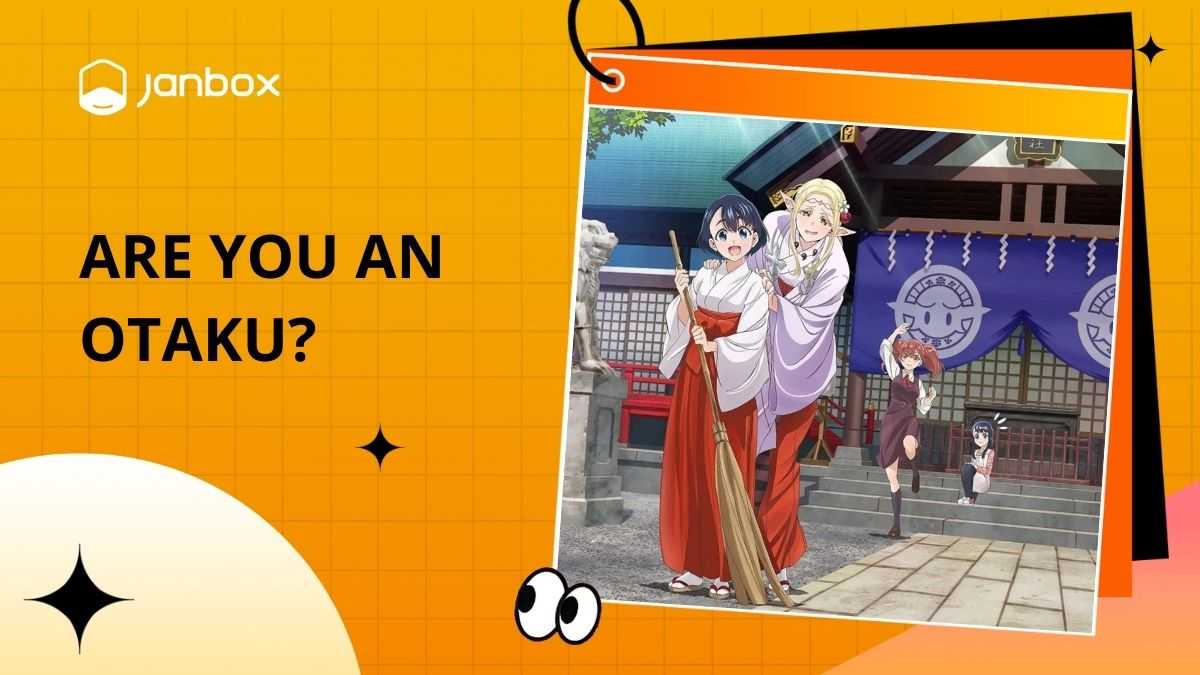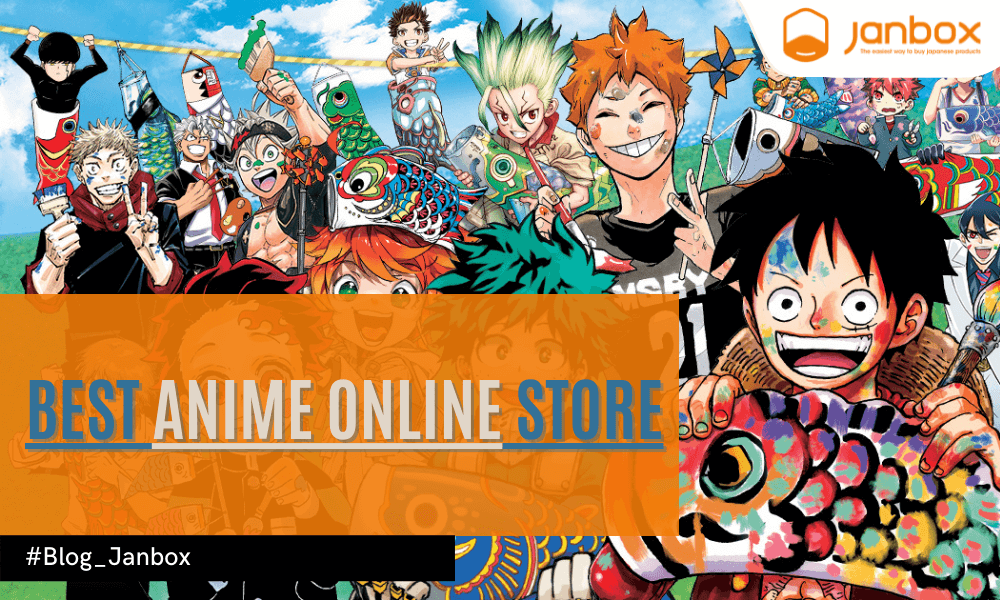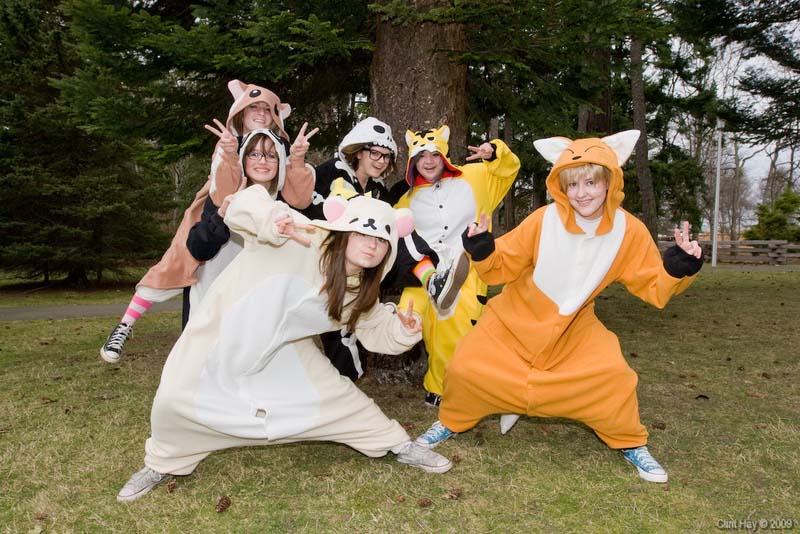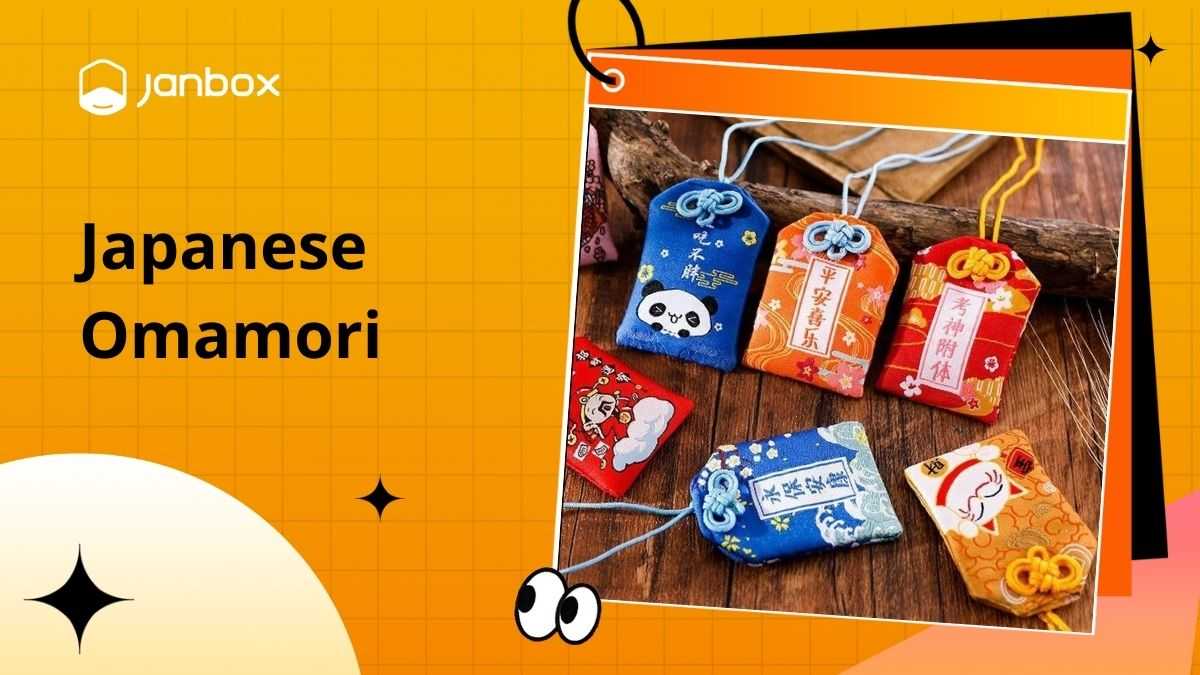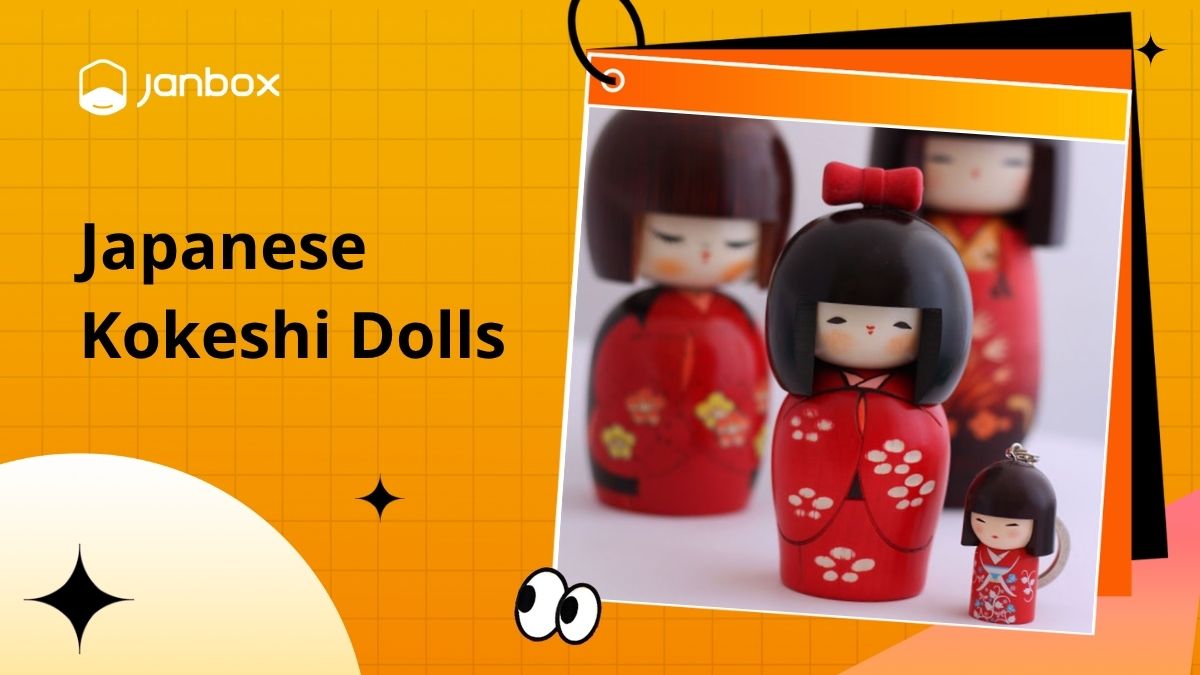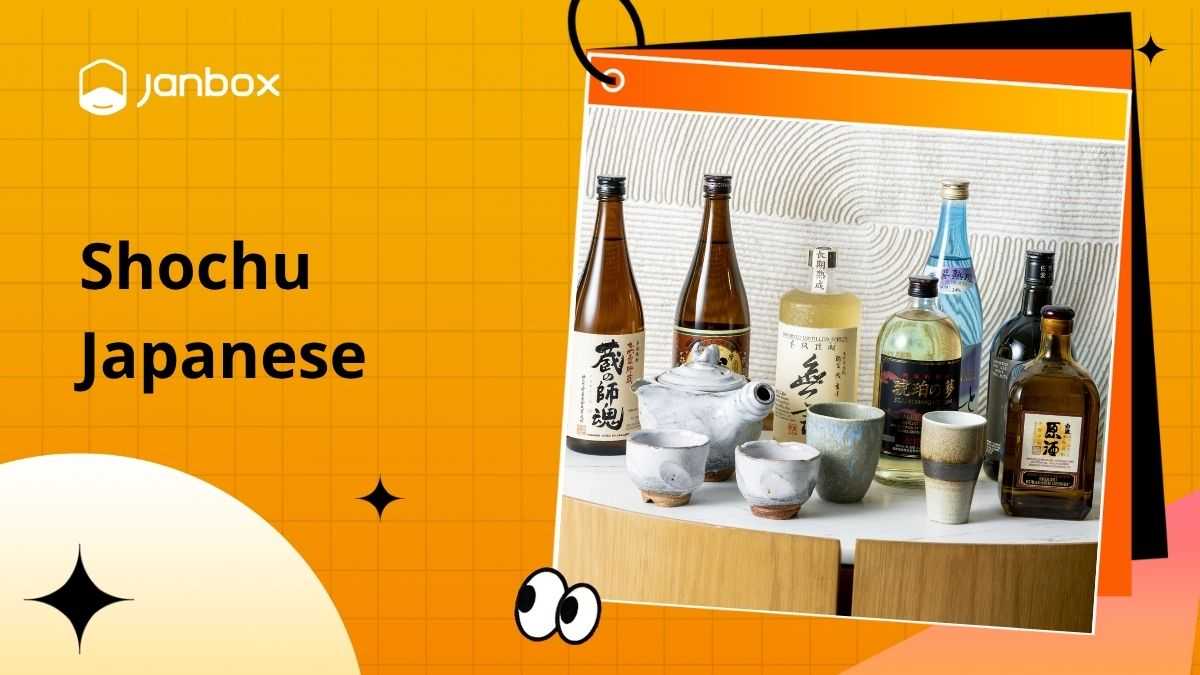Have you ever thought about whether your love for anime, manga, or gaming is enough to say yes to “Are you an Otaku?” Whether you are just getting into the culture or have been passionate about it for a long time, the possibilities for enjoying it are endless. This blog will guide you with practical tips and insights to fully immerse yourself and make the most of otaku culture.
1. What Does Otaku Mean?

The Japanese word “otaku”, commonly translated as “geek” or “nerd,” actually means “your home”. Morikawa Kaichiro (2012) claims that in an essay titled “A Study of Otaku,” Nakamori Akio first coined the term “otaku” to refer to “geek culture.”
Originally published in 1983’s issue of sexy manga magazine Manga Burikko. Nakamori’s word is based on the informal form of address commonly used by older anime watchers to refer to one another. As early as the 1980s, anime enthusiasts (and not just them) started congregating at conventions like Comic Market, where they could talk to complete strangers about their shared interests. To each other, the phrase otaku meaning is “you,” but in Nakamori’s hands, it took on a more derogatory connotation.
Morikawa Kaichiro (2012) adds that this culture is uniquely Japanese because it is the result of the country’s educational and social institutions. To begin, the anime are catered to at Japanese educational institutions through the existence of clubs (extra-curricular activities) that acknowledge and foster students’ hobbies.
Second, the Japanese social hierarchy places a premium on material prosperity. Those that struggle socially tend to remain preoccupied with their passions well into adulthood. They contribute to the development of this culture by building a life around their passions.

Today, it is a Japanese slang term for a fan of manga, anime, Vocaloid, cosplay, or other 2D media. The world at large uses this word with a pejorative meaning to describe fans of comic books and animation. More and more people, not just in Japan but all over the world, are proud to call themselves, according to research published in 2013. Of more than 137,734 American teenagers surveyed in 2013, 4.2% classified as otaku.
About 50 years ago, the name Otaku was created in Japan, and since then, it has taken on a sort of negative meaning like this: it is a feisty but nerdy and cranky person. They know a lot about or have a strong interest in gadgets, electronics, trains, and similar topics. They are also easily recognized by the fact that they are always seen in the same combinations of glasses, shoes, flats, plaid shirt, rucksack, and clutching idol products in their hands.
The expanding global popularity of manga, anime, Japanese idols (particularly girl groups), and video games, however, is shifting the public’s perception of it. As more and more of this content originates in Japan and is translated into other languages, the number of it around the world continues to rise. Since 2010, the Japanese government’s “Cool Japan” program has prioritized the dissemination of Japanese pop culture.
2. Different Types Of Otaku

Out of your surprise, it actually has different types in Japan, with 4 major kinds:
- Otaku anime refers to fans of the Japanese animation genre who watch and collect the media. The term “Otaku” refers to a subculture of anime enthusiasts that are even more stereotypically nerdy than manga readers simply because they carry their interest in the medium to an extreme.
- Otaku manga is a term for manga fans. In Japan, manga is quite profitable. Because of this, you may select a manga that caters to your specific interests with relative ease. Since manga is so popular among it they may own a sizable collection.
- Otaku gamer is commonly used to refer to avid gamers. They play a ton of games constantly, have a wide variety of platforms (or are brand loyalists).
- Figurine otaku are those more fond of manga and anime figures. Just as video game and anime/manga tend to mix since many figures are modeled after characters from various media.
- Otaku idol is a fan of a popular Japanese boy or girl group. They have been seen at every concert flaunting CDs and other bandstand merch they have purchased. You can always count on them being together because they perform routines together at every performance and fan meet-and-greet.
>>> Read more: Collect: 10+ Most Expensive Dragon Ball Figures
3. How To Identify An Otaku?

As was previously noted, the term “Otaku” refers to persons who are overly enthusiastic and devoted to a certain interest. For instance, a Manga or Anime fanatic will seek out anything and anything that features their favorite character. They shared their enthusiasm for the character and the film with one another, connecting with others who shared their enthusiasm. You may readily find it at any Otaku shop carrying Japanese manga or animation tapes (often referred to as Animate).
It’s rather obvious that a true one will attempt to acquire and display the entire DVD series. And if the first part of your narrative involves the Otaku’s favorite subject, you can rest assured that they will never stop talking about you.

Being an otaku is a part of who you are as a person. In Otaku culture, there are discussions over authenticity. The issue of genuineness has been the subject of many videos posted on YouTube. For instance, the owner of the video “How to detect a fake one?” explores the 3 main points of the video are as follows:
- False otakus are those who don’t know as much as they claim to (you have not seen enough anime).
- Fake otakus are those who are quick to praise an anime without having seen enough of them to be able to draw meaningful comparisons.
- If you admit to not being an otaku, you truly are one (commonly, out of shame).
This perspective is related to what Becker (1973) calls a “career” idea. To be admitted into the group you aspire to be a member of, you must demonstrate competence in the subject. As a result, it is connected to the idea of sufficiency.
To be officially recognized as a genuine member of a given identity group, one must “have” a sufficient number of the archetypal qualities, as Blommaert and Varis (2015) put it. The goal is to amass a modest collection of objects that convey a sense of authenticity and allow one to be recognized as a genuine representative of one’s chosen group.
Another person tries to respond to everything that has been said so far by asking, “You just watched an anime, and you tell everyone that you are an otaku?” However, not everyone agrees, as one user notes, “what I believe constitutes a true one is their passion for anime or manga” (doesn’t matter how many you have watched).
4. 20 Signs That Strongly Suggest You Are An Otaku

Whether it is filling your shelves with manga or attending anime conventions, being an otaku is defined by certain habits and passions. If you are curious if these traits describe you, here are 20 signs that could point to a resounding “Yes” to “Are you an Otaku?”
- You’ve sat through an anime session that stretched beyond two hours.
- Your child’s name is inspired by your favorite character from a video game.
- You control a large robot from a cockpit within its head or chest, just like in Power Rangers, Voltron, or Evangelion.
- If you live in Japan, you frequently visit Akihabara more than once weekly.
- You’ve shelled out over $100 for a cosplay or Halloween costume.
- Your phone or iPod playlist features more than five tracks from video games, anime, or other nerd-culture sources.
- You run or work out to game or anime music, pretending to be a character from that universe.
- You’ve experienced tears during anime or become emotional during a key video game moment.
- You haven’t joined any social gathering in over six months.
- You invest more time and energy in your video games than in your partner or spouse.
- When someone irritates you, you lock eyes with them and whisper, “Sharingan”
- You prefer anime in Japanese with no plan to ever learn the language.
- You missed a wedding just to binge Attack on Titan.
- You’ve fallen for or fantasized about a character from a comic or cartoon.
- You’ve written someone’s name in an eerie black notebook, secretly hoping for something unfortunate to happen to them.
- Snorting while laughing is part of your habit.
- You’ve attended gatherings or events focused on manga, anime, video games, or comics.
- When “One-Winged Angel” is mentioned, a specific character immediately comes to mind.
- You can recite five Ghibli movies without pause in under 10 seconds, though you’re not Japanese.
- You’ve sung along to a track by AKB48.
>>Read more: Why are anime characters so attractive?
5. Some Common Misconceptions Of Otaku
Have you ever been baffled by the criticism directed at “otaku”? Because of widespread misunderstandings, many individuals feel unsure or hesitant to answer when confronted with the question “Are you an otaku?” Let’s break down “What are Otaku’s most common misconceptions?” and explore the truth behind this enthusiastic and creative community.

5.1. “Otaku” Stereotype
For a long time, the term “Otaku” has been associated with negative connotations. Specifically, that of an outcast who spends his days in a world of manga, video games, and anime to the exclusion of all else, and whose social connections with others wither away as a result.
Since they have no social ties, rarely interact with others, and are often misunderstood by those on the outside, they often believe that society views them as uncaring and solely interested in engaging in unhealthy pastimes. trivial, meaningless gratifications.
Furthermore, some people have the impression that everybody who enjoys anime is necessarily an otaku, someone who is totally immersed in the culture of Japanese animation. This is completely false. After all is said and done, watching anime is nothing more than a way to unwind and have fun. In every other way, it’s the same as viewing an episode of your favorite American or British TV series.
Due to these largely unfavorable perceptions, the term “Otaku” was widely stigmatized in Japan for a long time. Those who crack under pressure typically need to assume a false persona at work or just to avoid harsh criticism.
Despite this common misconception, they are able to successfully juggle their personal and professional lives while still satisfying their cravings for their favorite media.
A lot of people have improved their impressions and the tone of this neighborhood much better compared to the past. In the United States, this word has taken on a lighter and more casual tone. As a term for people who enjoy media like anime, gaming, manga, etc., it is not pejorative or derogatory., mostly due to this. Thus, it is possible to remark that someone has the appearance or voice of an Otaku.
5.2. Otaku And Wibu: What Are The Differences?
Otakus are devoted fans of anime, manga, or idol groups, while weebs engage with a broader range of Japanese cultural elements. “Otaku” is a term more prevalent in Japan, whereas “weeb” typically applies to non-Japanese enthusiasts. To differentiate between otaku and weeb more easily, let’s look at these defining characteristics:
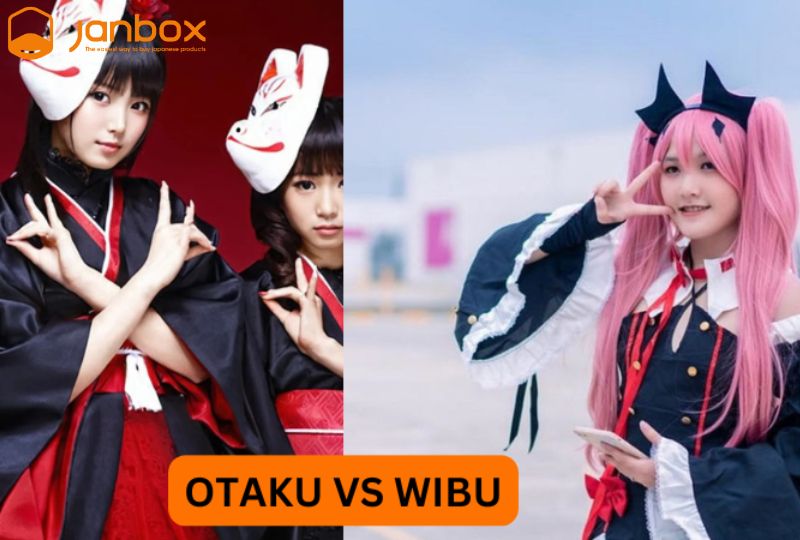
First, if any of the following applies to you, there’s a strong possibility that you are an otaku:
- Your stash of anime plushies is quite impressive.
- You are passionate about cosplay.
- You enjoy watching both Japanese anime and Western animation.
- You do not mind switching between dubbed and subbed anime.
- Your walls are covered with anime posters.
- Manga/ Anime are your main focus, with little interest in the broader Japanese culture.
Second, if you are deeply invested in Japanese culture, whether or not anime is part of it, the label “otaku” might not entirely suit you. Individuals who exhibit one or more of the following traits may align more closely with the wibu identity:
- You love indulging in Japanese treats like Pocky or Jagariko sticks.
- A monthly subscription to a Japanese snack box is part of your routine.
- You’ve started learning Japanese.
- Non-Japanese anime does not interest you.
- Reading manga is something you enjoy regularly.
- Visiting Japan is on your to-do list, or you are already making plans to go.
However, there’s no need to separate yourself into one category. If you feel like both an otaku and a weeb, it just means there’s even more for you to experience and dive into!
6. 4 Ways To Celebrate Your Otaku Or Wibu Identity
Living as an otaku or wibu is all about celebrating the things you love, from anime marathons to manga collections. But how can you truly express that passion? Here are four enjoyable ways to embrace and celebrate your otaku or wibu identity with pride.
6.1. Exploring Your Local Japanese Community
Japan might require a lengthy flight, but you can still enjoy its culture without traveling far. If you live close to a big city, explore a nearby Japanese area to find out how many individuals would enthusiastically say “Yes” when asked, “Are you an Otaku?”. Whether it’s Los Angeles’ Little Tokyo or Columbus’ Japan Marketplace, these places offer fantastic ways to celebrate your love for otaku culture.
You can also stop by a Japanese grocery store to uncover unique snacks, or indulge in some delicious ramen or sushi. In addition, many Japanese areas are home to extensive book stores where you can find Japanese manga, literature, and lovable anime plushies.

6.2. Trying Reading Manga
If you are focused solely on anime, expanding into manga could be an exciting next step. Popular anime like Hunter x Hunter, Death Note, and One Piece began as manga. If it is your first time reading manga, adjusting to the format might require some patience.
Manga follows a right-to-left reading order, unlike the left-to-right format used in Western comics. Once you adapt to this style, catching up on manga can become a rewarding way to expand your interests. Many manga series continue the story beyond what is shown in the anime, making them even more exciting to read!

6.3. Attending An Anime Convention
Conventions offer an incredible way to explore your passion for anime. Hardcore fans can enjoy activities like previews of upcoming series, cosplay contests, and captivating live performances. These events are filled with excitement and provide unforgettable experiences for attendees!
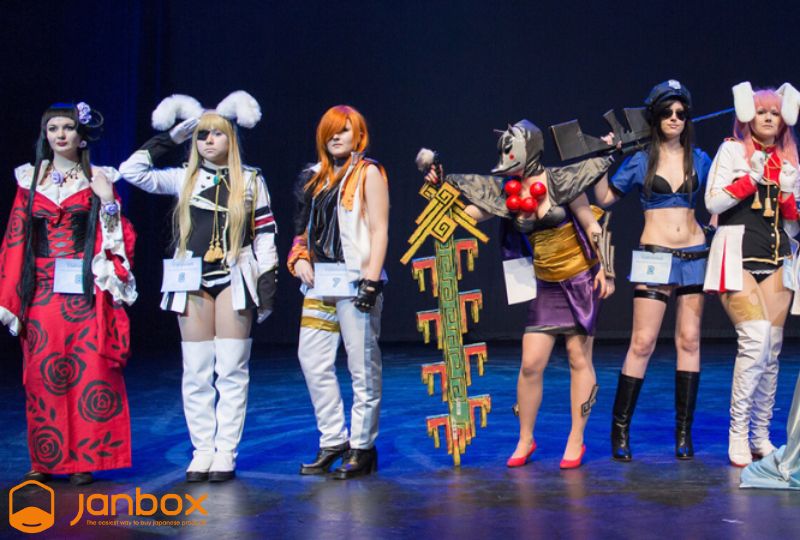
6.4. Buying Otaku Or Wibu Merchandises
The most tangible way to say yes to “Are you an Otaku?” is by collecting anime or manga-related items. With Janbox, purchasing your favorite items, whether manga, anime figures, or idol albums, is easier than ever. Just make your choice, and Janbox will handle all the logistics for international shipping.
>>> Read more: Top 18 Best Websites To Buy Anime Figures From Japan
Conclusion
So, are you an otaku? It does not matter what your answer is because what truly matters is the passion you bring to this community. Whether you have been an otaku for years or are just getting started, there’s always more to enjoy in manga, anime, and Japanese pop culture, etc. Why not begin your adventure today? Moreover, do not forget to browse Janbox and add more otaku collectibles to your shelves.
Website: https://janbox.com
Email: [email protected]

